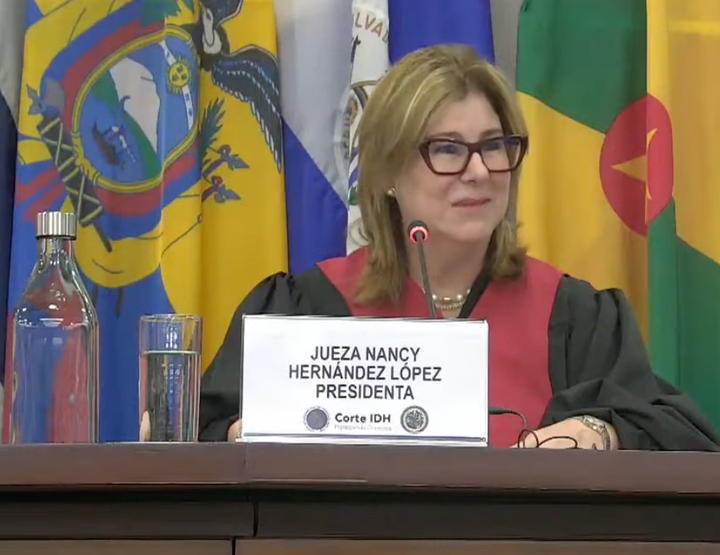Trump EPA Sued Over "Do Nothing" Rule On Airplane Climate Pollution

Environmental groups and a coalition of states led by Democratic attorneys general are suing the outgoing Trump administration over a new rule that they say fail to effectively regulate carbon pollution from airplanes. The petitioning groups and states are slamming the new regulations as “insufficient” and “do nothing” standards because the rule essentially require zero emissions reduction, do not apply to in-service aircraft and exempt new in-production airplanes until 2028.
“The aviation industry is a significant source of greenhouse gas emissions, yet the EPA has set standards here that are the equivalent of doing nothing,” California Attorney General Becerra said in a press release. California along with the California Air Resources Board (a state agency) is leading a coalition of 12 states plus the District of Columbia in challenging the airplane standards.
“Many aircraft already meet this standard and even U.S. EPA admits it is unlikely to actually reduce greenhouse gas emissions,” said CARB Executive Officer Richard W. Corey. “These standards are far too weak to accelerate investment in more fuel-efficient aircraft and engines, and they lag existing aircraft technologies by more than a decade. The projected growth of aviation GHG emissions requires standards that are informed by science and robust analysis which unfortunately are principles the current administration continues to ignore.”
The Environmental Protection Agency (EPA) finalized the aviation standards in late December 2020, ten years after environmental organizations initially sued the agency to force it to regulate climate pollution from airplanes. EPA issued an endangerment finding for aircraft under the Clean Air Act in 2016, initiating the rulemaking process that culminated in the first-ever greenhouse gas (GHG) emission standards for planes.
But these standards fall behind existing technology by more than ten years and won’t apply to new planes until 2028, at which point EPA expects all airplanes to already comply with the standards or be phased out. “As a result, the agency doesn’t project any emissions reductions from the rule,” Earthjustice explained in a press release.
Earthjustice is leading the legal challenge on behalf of the Friends of the Earth and Sierra Club, along with the Center for Biological Diversity. The environmental groups are petitioning for review of the rule in the U.S. Court of Appeals for the District of Columbia Circuit. Separately, the coalition of a dozen states and DC filed a lawsuit challenging the rule. The states argue EPA was “arbitrary and capricious” in enacting a rule that fails to reduce emissions beyond business-as-usual, lags existing technology by a decade, and fails to consider effective alternatives. The states suing EPA over the emissions rule for airplanes include Connecticut, Illinois, Maryland, Massachusetts, Minnesota, New Jersey, New York, Oregon, Pennsylvania, Vermont, and Washington.
“The United States produces more than one quarter of all global aviation emissions—a serious threat to our climate that this rule seeks to cement rather than address,” said Connecticut Attorney General William Tong. “For four years, the Trump Administration recklessly sought to eviscerate and undermine every facet of our environmental protections. This rule is yet another unlawful effort to lock in their dangerous pro-fossil fuel agenda on their way out the door, and we won’t allow it.”
“This standard fails to reduce emissions from aircraft and represents a missed opportunity to address climate change,” Sarah Burt, deputy managing attorney of Earthjustice’s International Program, said in a press release. “The Clean Air Act clearly establishes an obligation to reduce emissions of harmful pollutants that endanger public health and welfare. Our petition asks the D.C. Circuit to hold EPA to this obligation to work toward a future where our transportation systems no longer contribute to a warming world.”


